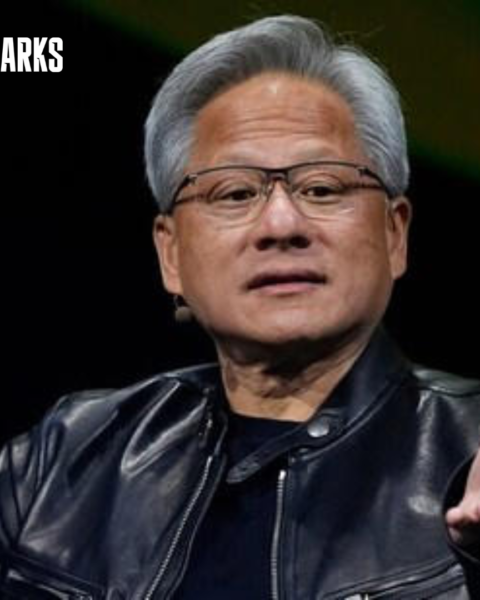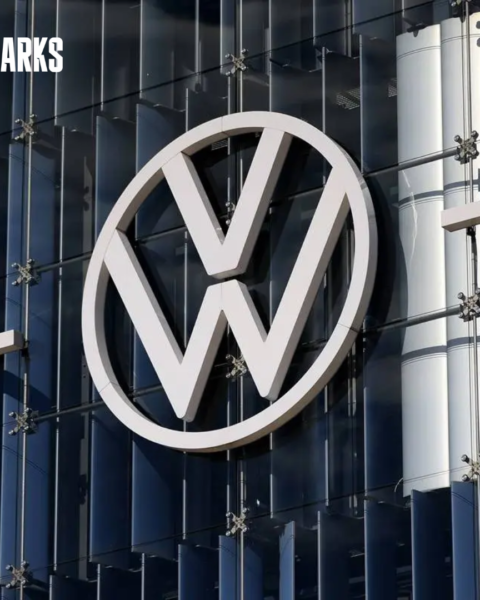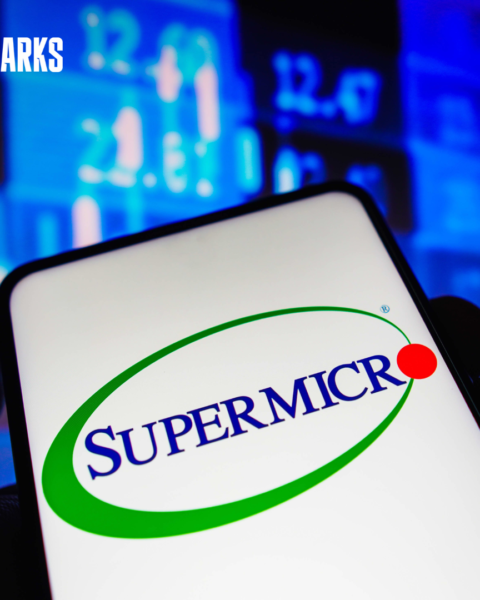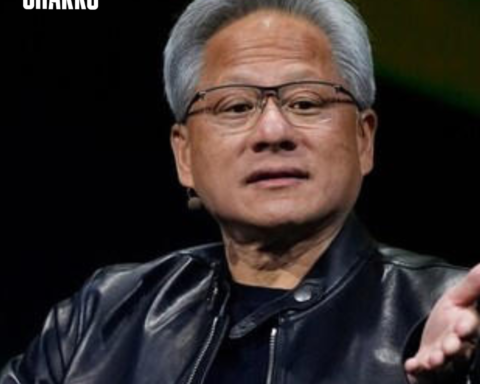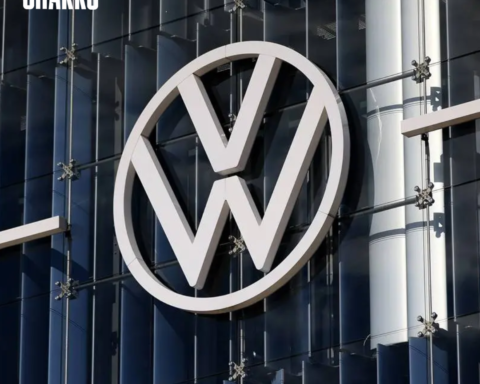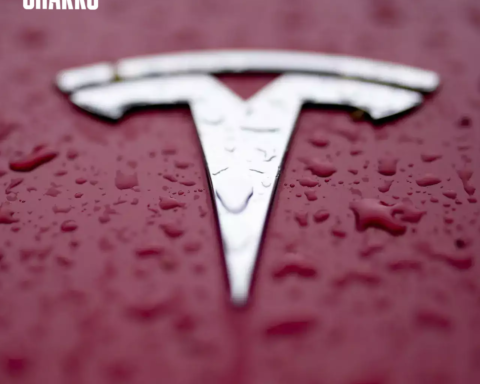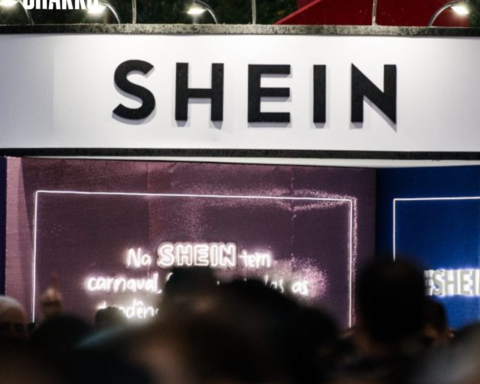Tesla Strategic Shift: Plans for a Data Center in China
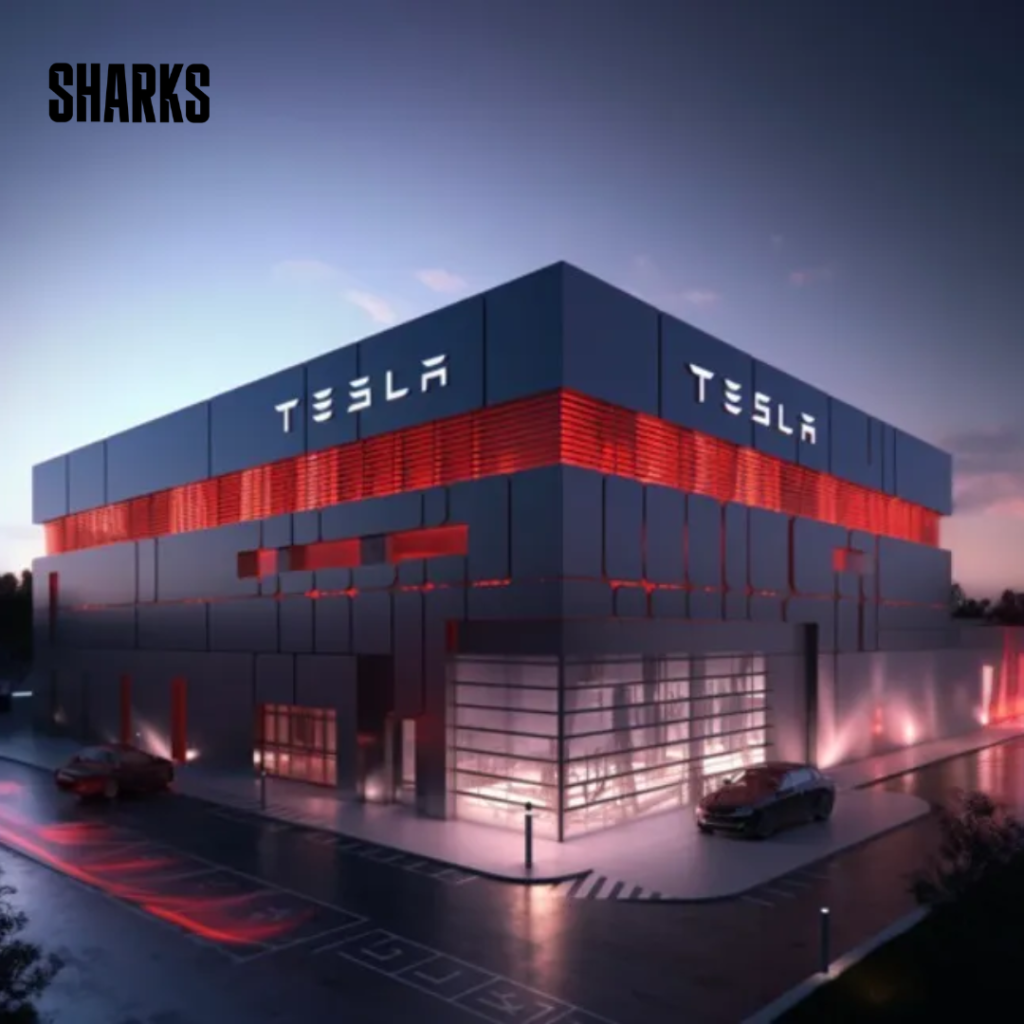
Tesla is advancing plans to power the global development of its self-driving system with data sourced from China. According to insiders familiar with the initiative, this move includes the potential establishment of a dedicated data center within the country, a strategic shift driven by CEO Elon Musk.
Tesla Development of a Data Center in China:
Two sources revealed that Tesla is developing plans for a data center in China to train the algorithms necessary for achieving fully autonomous vehicles.
This marks a significant pivot from the company’s previous focus on securing approval from Chinese regulators to transfer data generated by its electric vehicles (EVs) in China to other locations.
It remains uncertain whether Tesla will pursue both strategies—data transfer and a local data center—or if these are parallel plans designed as a contingency.
Navigating Regulatory and Market Pressures:
This strategic shift underscores Tesla’s urgent pivot towards artificial intelligence (AI) breakthroughs amid slowing EV demand and intensifying competition.
Tesla’s efforts to utilize more data from Chinese vehicles for developing its AI-driven Full Self Driving (FSD) system come as the U.S. government is tightening restrictions on the transfer of AI technology to China.
Currently, Tesla cannot offer the full version of its FSD system, priced at nearly $9,000 in China. Gaining a broader market for FSD in China would significantly boost Tesla’s revenue and profits, which are under pressure from Chinese competitors like BYD.
Potential Challenges and Collaborations:
Setting up a data center in China would necessitate collaboration with a local partner, which could present potential challenges in hardware sourcing.
Tesla has reportedly been discussing acquiring graphic processing units for the Chinese data center with Nvidia. However, U.S. sanctions prohibit Nvidia and its partners from selling their most advanced chips to China, complicating the process.
Nvidia has not commented on whether discussions with Tesla have occurred.
High-Level Discussions and Strategic Moves:
Tesla’s intensified efforts were highlighted during Elon Musk’s recent trip to Beijing, where he met with high-ranking officials, including Premier Li Qiang. During these meetings, Musk sought to facilitate permissions for data transfer and discussed the possibility of investing in a data center in China.
Additionally, Musk explored licensing Tesla’s FSD systems to Chinese EV manufacturers, which could broaden the company’s influence and market share in China.
This follows Musk’s April announcement about discussions with a “major” automaker regarding FSD licensing, although the automaker’s identity remains undisclosed.
Share This
Tony Boyce is a seasoned journalist and editor at Sharks Magazine, where his expertise in business and startups journalism shines through his compelling storytelling and in-depth analysis. With 12 years of experience navigating the intricate world of entrepreneurship and business news, Tony has become a trusted voice for readers seeking insights into the latest trends, strategies, and success stories.

